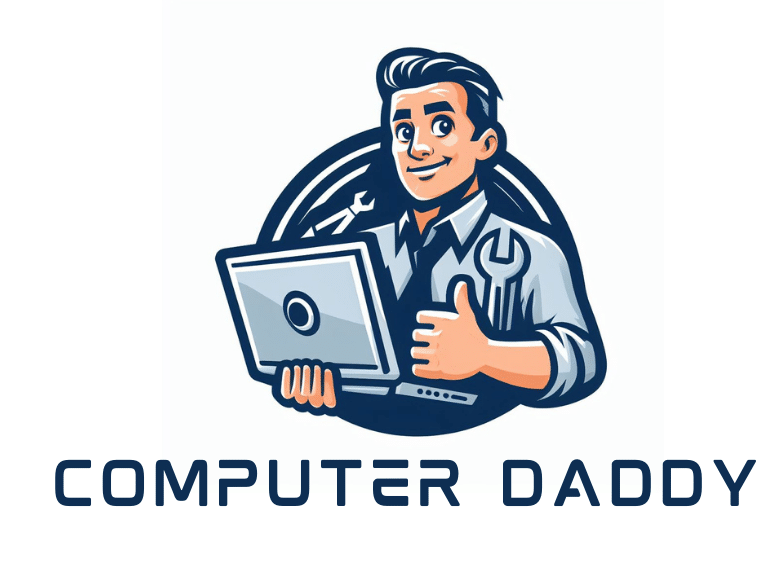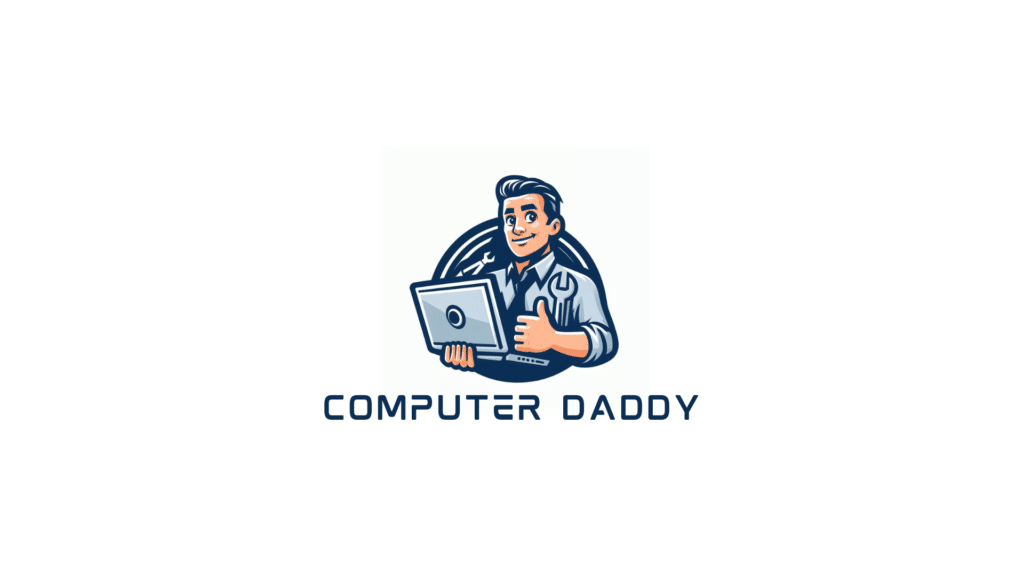What is identity theft?
Identity theft is when a hacker gets your personal information and pretends to be you. ACSC says, “They can create fake identity documents in your name, get loans and benefits or apply for real identity documents in your name, but with another person’s photograph.”
Identity theft is a serious cybercrime that can ruin your finances and reputation. It happens when a hacker steals your personal information and uses it to get money or other benefits in your name. Some recent examples of identity theft in Australia are the Medibank and Optus cybersecurity breaches.
The Australian Cyber Security Centre’s (ACSC) Annual Cyber Security Report for July 2021 to June 2022 showed that cybercrimes have become more severe and frequent. Online fraud, online shopping and banking crimes were the most common types of cyberattacks.
Cybercrimes not only cost money, but also trust. Customers may lose confidence in businesses that fail to protect their data. They may also worry about their own identity being stolen when they hear about large companies being hacked.
What do hackers need for identity theft?
Hackers want your personal information, such as your full name, date of birth, address, ATO number, passport details, driver’s licence number, credit card details, and Medicare card details. They may also try to get your banking PIN and passwords.
How do you know you are a victim of identity theft?
You may not know until you get bills for things you did not buy.
Other signs are your mail stopping, your bank statement showing strange purchases, and debt collectors chasing you for debts you did not make.
You may also get messages for a credit card you did not apply for, or a government agency telling you that you are getting benefits you did not ask for.
Of course, you are not getting anything because the hacker is taking the money. You may also find out that you have a bad credit history when you apply for credit. This is very bad.
How can you protect yourself from identity theft?
You should be careful about sharing information online.
Here are some tips to stay cyber safe:
- Don’t share your real birthdate on social media.
- Don’t post photos of your new home or car with the address or number plate.
- Don’t say where your child goes to school.
- Don’t give out your mother’s maiden name or your school name.
Hackers use this information to steal your identity.
You should also change your social media settings to PRIVATE, so only your friends and family can see your posts, and not accept requests from strangers.
Most big organisations will not ask for your personal information online, so watch out for fake emails that ask for your PINs or passwords. Don’t click on links from messages to go to an organisation. Instead, type the organisation’s URL in your browser like commbank.com.au.
Hackers are smart, so you need to update your anti-virus and ransomware protection software regularly. You can also pay a small fee each month to have a professional IT company check your computer for cyber threats.
How common are identity theft and online fraud in Australia?
The Australian Competition and Consumer Commission (ACCC) says that one in four Australians have been scammed online. The most reported scams were investment and romance scams, false billing and remote access scams.


